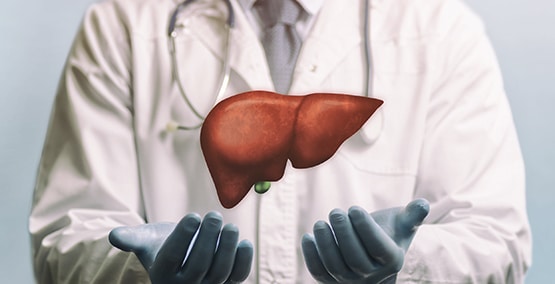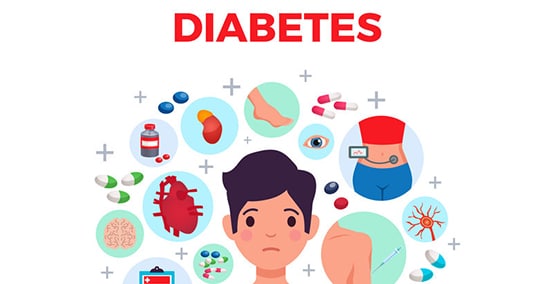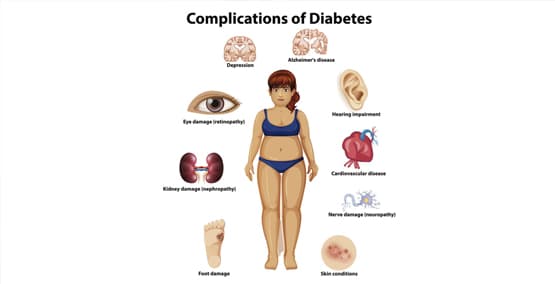
Causes of cystic fibrosis
Cystic fibrosis (CF) is passed down from parents to children, through their genes, one from the father and one from the mother. The parents do not have the disease, but they are "carriers", each carrying an abnormal gene.
Together those abnormal genes create one of the most common genetic condition. Approximately 35,0000 children and adults have cystic fibrosis in the United States of America. Worldwide the prevalence is more than double this number. CF occurs primarily in white people.
This isn't like having red hair or blue eyes that someone inherits from one parent. Instead of affecting how someone looks, CF affects how they feel and function.

The abnormal genes direct the production of a protein called the cystic fibrosis transmembrane conductance regulator (CFTR). The normal CFTR protein controls the flow of a thin, slippery fluid that allows salt and water to move smoothly through tiny channels into the intestines, airways and sweat glands. The slippery fluid keeps the channels flowing and helps remove germs and small particles from the airways.
In CF, the abnormal genes changes the CFTR protein and creates a thick, sticky mucus, which plugs the passageways in the lungs and sinuses, making it difficult to breathe. The plugs also block the flow of enzymes from the pancreas and as a result, their sweat becomes (and tastes) salty.
The sperm canals of men are also blocked or absent. Sperm is therefore unable to pass and fertilize a partner's eggs. Most men, 97-98 percent, with cystic fibrosis are infertile. Women with CF can have thicker cervical mucus which may make it harder for sperm to get through and harder to become pregnant. But once pregnant, a woman will usually have a normal pregnancy.




